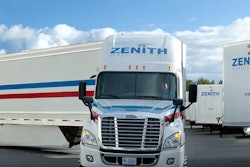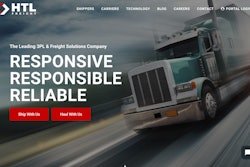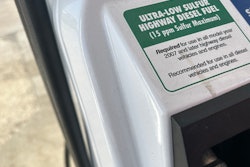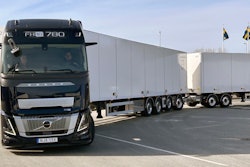During initial calls with carriers, we get the question, “how much do freight factoring companies charge?”
When exploring various services, we all want to know what is the rate or cost. However, we could all benefit from looking at it differently and asking, “What is the total cost to use your service?” Many factors will advertise unattainably low rates to get your attention. Unfortunately, they make up for it with nickel and dime fees and additional services. Per invoice, per deposit, UCC filing fees, and then there’s the aspect that many of their factoring rates depend on the carrier’s use of their affiliate programs (fuel programs, tire discount/maintenance, etc.).
There are many factors that contribute to the factoring rate a company offers you. One of the most significant benefits of factoring for many carriers is that they consider the creditworthiness of your brokers and shippers (not yours) when determining to approve you and set your rate. Additionally, they will consider how much your invoices usually are for and how many of them you wish to factor. When setting your invoice factoring rate, how long your brokers and shippers take to pay is another consideration.
When all is said and done, I believe most carriers are paying an invoice factoring rate right around 3%, although factoring rates can range from 1%-5%. The actual average factoring rate is impossible to state accurately because the amount is a moving target.
To illustrate this point, let’s compare Tetra Capital to Smith’s Uncertain Rate Factoring. Tetra Capital offers a flat factoring rate of 2.5%. For example, Bob’s flatbed trucking company delivered a $1,000 load today and turned in the paperwork right away to Tetra Capital. Tomorrow morning Bob will see a deposit of $975. Tetra Capital will have deducted $25, the quoted 2.5%.
Bob is then talking with Smith’s Uncertain Rate Factoring and asks how much he could expect to see deposited to make sure he is getting the best rate possible. Bob knows Tetra does not charge a termination fee, so he could consider switching if he finds a better factoring rate. Smith’s can’t give him a straight answer on what they will deposit in his account for his $1,000 load. Although they can tell him their rate is 2% and their fees vary, sometimes per invoice, based on a list of factors that they may or may not explain to Bob. However, they know most carriers will only ask, “what is the factoring rate?” and not “what is the total factoring cost?”
Additional factoring fees are why you need to ask about total factoring costs because they can really add up, and some are unexpected.










